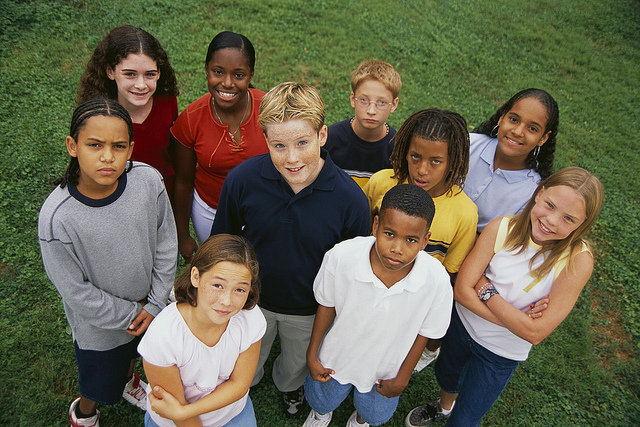Report: MA Kids From All Backgrounds Need Opportunities to Succeed

Mary Kuhlman – Commonwealth News Service
BOSTON – During a time of intense national conversations on race and immigration, a new report reveals the barriers to success children from different racial and ethnic backgrounds face in Massachusetts and other states.
The Annie E. Casey Foundation’s “2017 Race for Results” report measures key milestones in child development. Massachusetts ranks in the top ten among states for well-being among white, African-American and Asian and Pacific Islander children, but is in the bottom half for outcomes for Latino kids.
Noah Berger, the president of the Massachusetts Budget and Policy Center says the state can’t afford to have any group fall behind.
“The ability to have a really strong, vibrant economy will require that kids from all different backgrounds who grew up here have the opportunity to succeed to reach their full potential and to contribute to an economy that works for everybody and that ultimately makes life better for all of us,” he explains.
The report reiterated all children’s need for strong families and equal access to good education and healthcare and urged policymakers to do more to help them.
According to the report, immigrant families not only earn less than U.S. born families, but one-in-four children in immigrant families live in poverty.
Laura Speer, the associate director of policy reform and advocacy at the Annie E. Casey Foundation says the disparities reflect a history of structural racism that began with European settlement and continues today with how some policymakers talk about immigration.
“There are more than 18 million children who are themselves immigrants or who have at least one parent who was born outside of the country,” she says.
“That’s about one in four kids.
Their success is really very closely connected to the future success of our country.”
Speer says children do better when they are kept with their families in their communities.
And the report recommends that when immigration policy is enforced, it’s important that keeping families together is prioritized.
About 28 percent of children in Massachusetts live in immigrant families.
